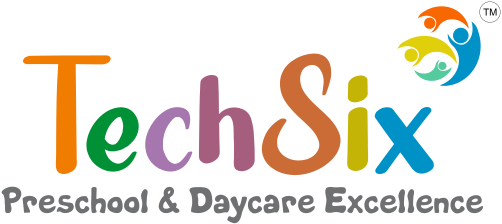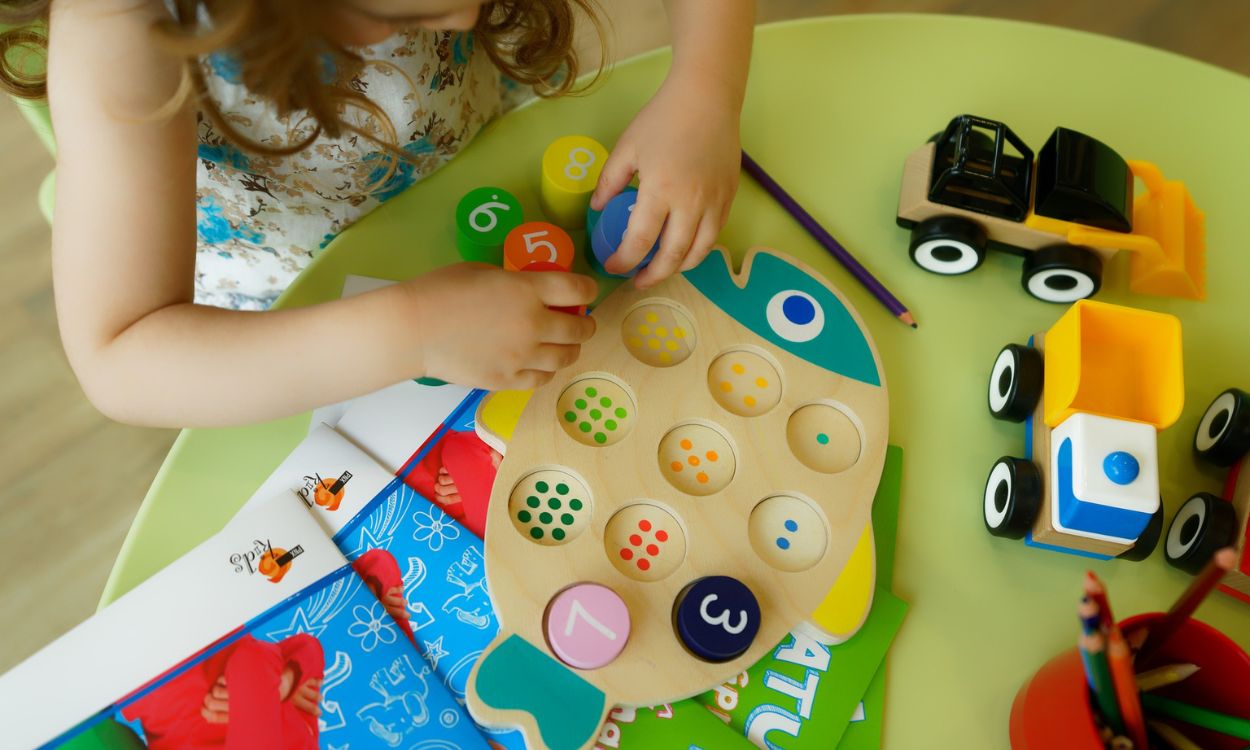Montessori education is a globally recognized teaching method that focuses on the holistic development of children. Designed by Dr. Maria Montessori, this educational philosophy encourages independence, creativity, and intrinsic motivation, laying a strong foundation for lifelong success. If you’re considering Montessori education for your child, here are the top 10 benefits of Montessori education explained in detail to help you make an informed decision. 10 Benefits of Montessori Education You Need to Know 1. Encourages Independence Montessori education is rooted in the idea of fostering independence. Classrooms are designed to allow children to make their own choices, manage tasks, and take ownership of their learning. Children are encouraged to complete tasks independently. Develops confidence, decision-making, and problem-solving skills. This approach helps children build self-reliance and autonomy, crucial traits for their academic and personal development. From choosing activities to completing daily responsibilities, Montessori students learn to trust their abilities. 2. Individualized Learning Unlike traditional education systems, Montessori schools focus on personalized learning. Each child’s unique strengths, learning pace, and interests are respected and nurtured. Lessons are tailored to suit each child’s needs. Reduces pressure by eliminating unnecessary competition. Teachers observe students closely and create customized plans to ensure that every child progresses without feeling overwhelmed. This tailored approach not only boosts academic performance but also fosters confidence and self-esteem. 3. Hands-On Learning Montessori classrooms are filled with hands-on learning materials that make abstract concepts tangible and easier to understand. These tools are carefully designed to engage children in interactive activities. Learning materials encourage exploration and experimentation. Helps children understand complex concepts through practical application. For example, Montessori materials like counting beads, sensory boards, and puzzles stimulate curiosity and make learning a joyful experience. By actively engaging with these tools, children develop a deeper understanding of concepts. 4. Develops Critical Thinking Montessori education is designed to nurture critical thinking and problem-solving skills. Children are encouraged to ask questions, analyse situations, and come up with solutions independently. Promotes curiosity, exploration, and independent discovery. Teaches children to approach challenges creatively and confidently. This method prepares children to think critically and tackle real-world problems. Montessori education encourages children to explore and learn at their own pace, helping them develop a mindset of creativity and resilience. 5. Enhances Social Skills A unique feature of Montessori classrooms is the presence of mixed-age groups. Younger children learn by watching their older peers, while older children strengthen their leadership and mentoring abilities by helping younger classmates. Mixed-age classrooms encourage teamwork and cooperation. Teaches empathy, respect, and effective communication. This collaborative environment helps children build strong social skills, including empathy and teamwork, which are essential for success in personal and professional life. 6. Fosters a Love for Learning Montessori education focuses on intrinsic motivation, meaning children are driven by their natural curiosity rather than external rewards or punishments. This instills a lifelong love for learning. Encourages children to explore topics they’re passionate about. Removes the pressure of grades and external rewards. By allowing children to choose their activities based on their interests, Montessori education makes learning an enjoyable and fulfilling experience. This enthusiasm for learning frequently extends far beyond the classroom. 7. Respects Individuality Montessori education respects and fosters the unique individuality of every child. It focuses on nurturing their unique strengths, interests, and personality traits, which fosters self-esteem and emotional well-being. Recognizes each child’s unique traits and talents. Encourages self-expression and emotional growth. When children feel valued and respected, they are more likely to develop a positive self-image and the confidence needed to face challenges head-on. 8. Teaches Practical Life Skills Montessori education integrates practical life activities, such as cooking, cleaning, and organizing, into the curriculum. These tasks not only teach essential life skills but also help children develop a sense of responsibility. Everyday tasks like tying shoelaces or pouring water are part of the curriculum. Improves fine motor skills and independence. Through these activities, children learn to take care of themselves and their surroundings, preparing them for real-world responsibilities. 9. Promotes Peaceful Behavior Montessori education emphasizes respect, kindness, and conflict resolution. Children are taught to manage their emotions and resolve disputes in a peaceful manner. Teaches children how to handle conflicts calmly and respectfully. Creates a harmonious and cooperative classroom environment. By fostering a sense of empathy and understanding, Montessori education helps children develop strong interpersonal skills that will benefit them throughout life. 10. Prepares for Lifelong Success Montessori education provides children with the essential skills required to thrive in the modern world. By fostering adaptability, resilience, and curiosity, it lays the groundwork for both academic and personal achievements. Builds traits like adaptability, resilience, and curiosity. Prepares children for academic and professional success. The emphasis on critical thinking, independence, and self-discipline ensures that Montessori students are well-prepared to face challenges and thrive in their future endeavors. TechSix – Preschool & Daycare Excellence TechSix stands out as the best Montessori based preschool in Gurgaon, offering a nurturing environment where children thrive academically, socially, and emotionally. With a focus on hands-on learning, personalized attention, and play-based development, TechSix ensures holistic growth for every child. Their state-of-the-art facilities, experienced educators, and innovative curriculum create the perfect foundation for lifelong learning. Trust TechSix to shape your child’s early years with care, creativity, and excellence. Wrapping Up Montessori education takes a holistic approach to learning, focusing on more than just academics. It nurtures independence, creativity, and social skills, shaping children into confident and capable individuals. Whether it’s their focus on hands-on learning or respect for individuality, Montessori schools provide an environment where children can truly thrive. If you’re seeking a well-rounded education that fosters lifelong success, Montessori is an excellent choice for your child. What are your thoughts on Montessori education? Share your views in the comments below! Don’t miss:- 10 Best Preschools in Gurgaon for Your Little Ones’ First Learning Steps


